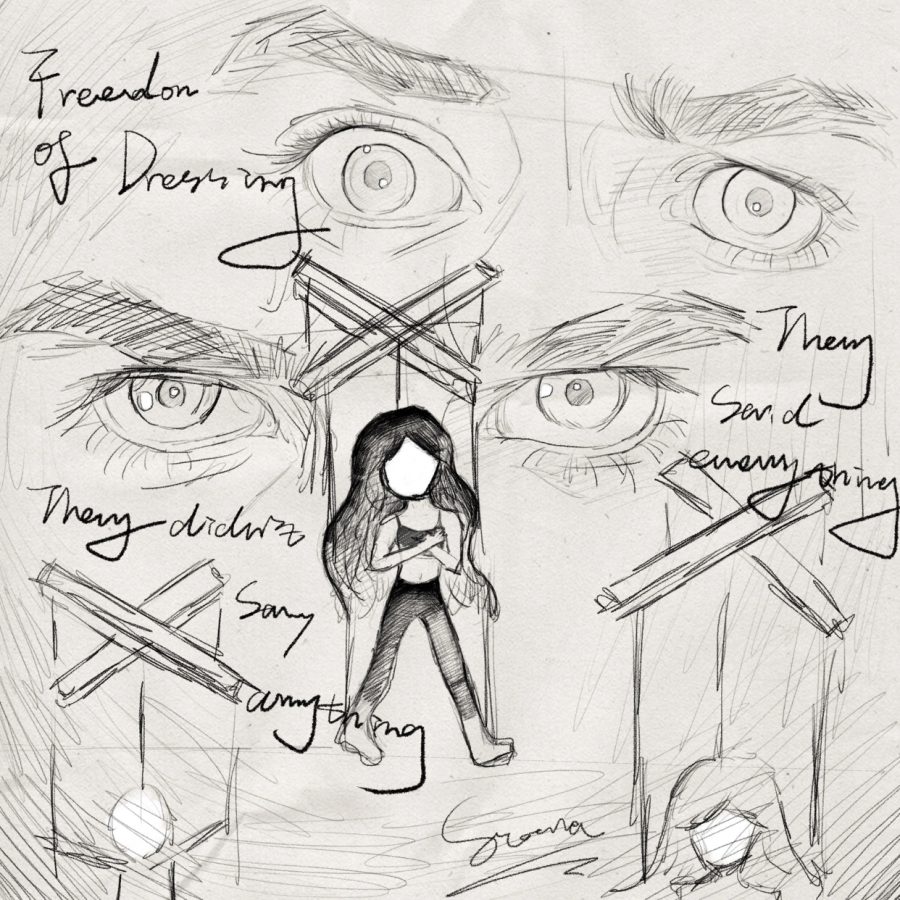Background:

The term “male gaze” was first coined by filmmaker and theorist Laura Mulvey in her seminal 1973 paper “Visual Pleasure and Narrative Film.” Mulvey argues that women are actually “meaning bearers, not meaning makers.” This also shows that women are forced to be observed by men from an objective perspective and become passive objects of male desire.
Fortunately, the extremely unfriendly term “male gaze” doesn’t defeat all women. Some feminists coined the theory of the “female gaze” in response to Mulvey’s claim. The word undermines the passive position of women.
Some film representativesрЯОђрЯОђ:
The Male Gaze: Transformers (2007)
Transformers is an American science fiction action film about a struggle between the heroic Autobots and the evil Decepticons. It’s hard to imagine the male gaze in this movie. All the women in this series are sexualized in some way that has nothing to do with the development of the story. Perhaps this is to please heterosexual men and attract more viewers to watch.

In the first film (2007), Megan Fox sported a sexy low-cut dress as she slumped over a car engine, revealing her slender waist. This is clearly to satisfy the sexual desires of heterosexual men.
The Female Gaze: Variety (1983)

Bette Gordon’s Variety is an erotic drama set in the seedy New York of the 1980s. It’s about a writer who works in a porn movie theater and gets caught up in a network of conspiracies. The film has a very strong feminist point of view, and it directly confronts the film’s voyeuristic tendencies, challenging the reserved idea that the erotic gaze is purely male. Gordon disturbs the usual gender rights dynamics in this film.
In conclusion:

The male gaze contrasts sharply with the female gaze. Male desire is “visual,” while female desire is “sensory.”
Men look directly at women’s bodies and care if they have sexy curves. The difference is that the female gaze will portray women and their stories more realistically. The focus is on the emotional side of their existence, not the physical side. When women look at a man, you will find that the focus is not only on the man’s abs, they will also examine the man’s talent and content.
Reference List:
Pronger, R. (2023). 10 great films that challenge the male gaze. Available at: https://www.bfi.org.uk/lists/10-great-films-that-challenge-male-gaze. [Accessed December 2, 2023].
Sampson, R. (2015). Film Theory 101 – Laura Mulvey: The male Gaze Theory. Available at: https://www.filminquiry.com/film-theory-basics-laura-mulvey-male-gaze-theory/?expand_article=1. [Accessed December 2, 2023].


Hi Xuanyun – This was a lovely read! I quite liked the layout as it was very visual and engaging. I like how you also touched on the “female gaze” while comparing and contrasting that to the “male gaze”. I think your idea is exactly right when you state that the purpose of the sexualization of females such as Megan Fox in Transformers was to “attract more viewers”. I wonder why you think the male desire is “visual” while the female desire is more “sensory”?
Hi Kameron! Thank you for your comments. My answer to your question is this – the term “male gaze” comes from the fact that it is attached to the meaning of “sex”, and women are visually positioned as “objects” of male desire of the opposite sex. The “female gaze” was created by feminists in opposition to the “male gaze.” I don’t think the female gaze is directly equivalent to the male gaze. Just like in the movies, there are a lot of shots of men examining women and making women do some indecent behavior. But there are few scenes of women looking at men like the male gaze. The films of women’s gaze generally have the characteristics of women’s independent self-improvement films, how to achieve value through their own. I think you can see that from that.
Hi Xuanyun вАУ This is a really good blog, and the idea of comparing the male gaze to the female gaze is very original. The two movies listed above are also representative works of these two viewpoints. Indeed, things are often seen differently from a male’s perspective and a female’s perspective. But I think men should be the same as women and should not just focus on the appearance of the opposite sex.
Yes, Zijie. I really agree with you. I think both men and women should pay more attention to what is inside rather than what is outside.
Great blog! I thought it was a really interesting discussion! It’s great to see how different perspectives can shape our understanding of media, and it does an excellent job highlighting both sides of the argument. I think it’s important for us to keep considering these issues from multiple angles !